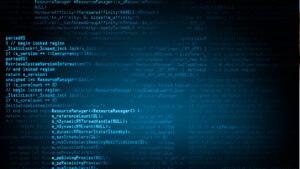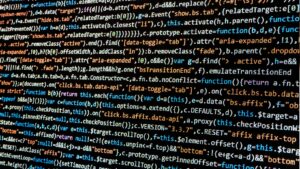Python Automation Interview Questions
Comprehending Python’s significance in automation yields better preparation for an interview. Many companies prefer Python due to its clear syntax and extensive libraries, optimizing a range of automation tasks. Specifically, Python assists in cloud and network automation, big data and machine learning, testing, and web scraping.
Evidently, Python’s key role in cloud and network automation enables the execution of complex tasks with ease. It’s a pivotal part of Google’s cloud infrastructure, notably used by Instagram for managing its hundreds of millions of users.
Moreover, Python’s ability to manage big data sets and implement machine learning algorithms also stands out. It’s proven advantageous for businesses diving into predictive data analysis. Python’s simplicity makes testing and debugging a simpler process. Large corporations like NASA and Facebook have utilized Python to write their testing frameworks.
Knowing the fundamentals of Python paves the way for excelling in automation tasks. It includes understanding data types, conditionals, loops, functions, and error handling. These work as building blocks for writing automation scripts.
Firstly, Python supports data types including integers, floating point numbers, strings, and lists. Mastering these keeps a programmer ahead in handling data sources and their variations in automation tasks.
Next, conditionals and loops are another vital part. From automating redundant tasks to running checks in the background, these components streamline processes. Learning functions in Python assists in assembling scripts for automation. Functions allow encapsulation of tasks, promoting efficiency and code reuse.
Most Asked Python Automation Interview Questions
The section elucidates on frequently asked Python automation interview questions, categorizing them into general and specific areas of focus.
Diving into the vast field of Python automation, one finds numerous questions that can be classified as ‘general’. This class encompasses a broad knowledge spectrum, predominantly touching upon Python’s fundamental constructs, its application in automation, and the perspective of Python versus other automation tools.
- How does Python aid in software automation?
- Explain key differences between Python and other automation tools.
- Illustrate error handling techniques in Python that prove essential for automation.
- Propose understanding on the utilization of Python libraries for automation.
- Discuss performance optimization techniques in Python that are instrumental for automation.
These pointers exemplify the range of general python automation interview questions. By being well-versed in these areas, applicants can demonstrate a solid understanding of Python and its application in automation.
Moving beyond the general aspect, specific Python automation questions demand a deep-dive into concepts closely associated with Python’s automation capabilities. These include technicalities of Python libraries distinctive to automation, intricate use cases, and nuanced scripting scenarios.
- Illustrate how to automate data fetching in Python via APIs.
- Elucidate on the use of Python’s Selenium library for browser automation.
- Discuss the application of Python’s ‘os’ module for system operability based automation.
- Provide an example portraying automation of Excel operations using Python.
- Outline how Python’s ‘unittest’ module expedites automated testing.
Significantly, a comprehensive understanding and ability to apply these specifics endorses a prospective candidate’s Python automation expertise. Navigating these questions also validates their capability to address complex tasks in real work scenarios using Python for automation. Nevertheless, these lists are not exhaustive, and continual learning remains the best strategy for acing Python automation interviews.
Python Libraries for Automation
Python, synonymous with automation, leans heavily on its libraries to execute tasks efficiently and effectively. These libraries, powerful and versatile, drive the automation processes in diverse arenas.
Python boasts numerous libraries integral to automation, from automating repetitive tasks to data extraction, scraping, and testing. Each library treasures unique functions, aiding in the production of clean, reliable, and efficient automation scripts.  They facilitate operation in a range of sectors, including web development, data analysis, machine learning, and network automation. These libraries showcase Python’s might in combining simplicity, efficiency, and power.
They facilitate operation in a range of sectors, including web development, data analysis, machine learning, and network automation. These libraries showcase Python’s might in combining simplicity, efficiency, and power.
For those aiming for proficiency in Python automation, mastering certain libraries becomes paramount. Selenium, an essential for web automation, simplifies browser operations. Requests make HTTP requests quicker and simpler while BeautifulSoup4 extracts data from HTML and XML documents efficiently. Meanwhile, Pandas and NumPy excel in data analysis and handling numerical operations respectively. Understanding these libraries adds depth to the comprehension of Python automation, equipping one to excel in interview scenarios and real work environments.

